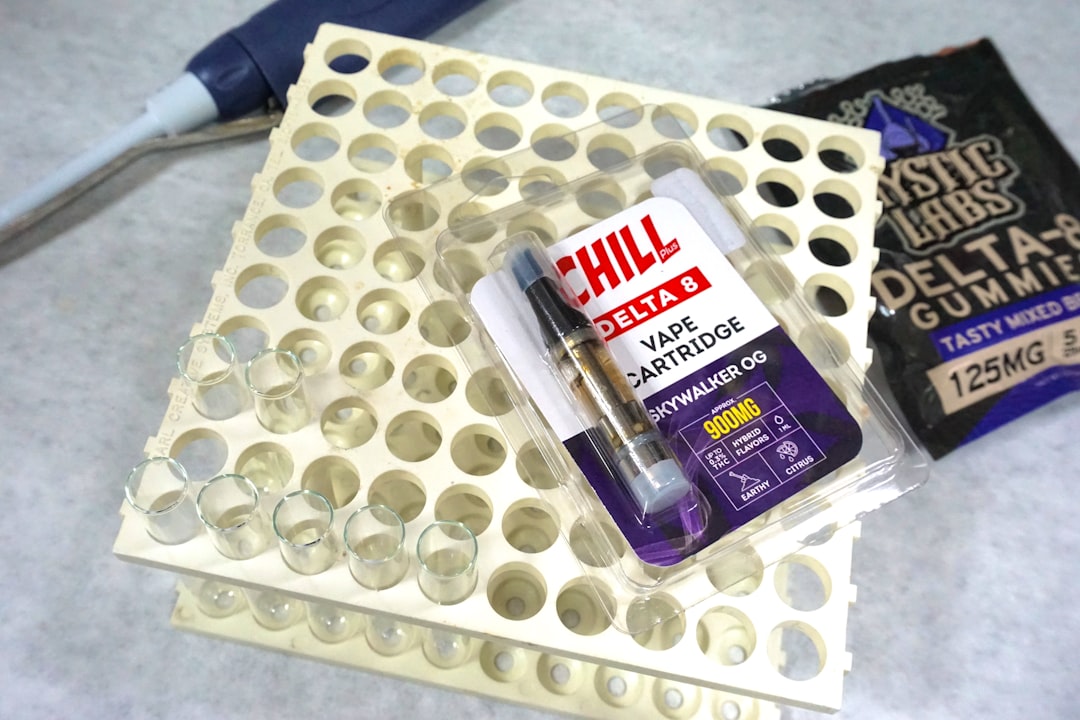
Indonesia’s trade licensing practice has a lot of problems, including, among others, lengthy process, lack of transparency, and poor data quality. To address these issues, the Indonesian government introduced the concept of Neraca Komoditas (NK) as part of its implementation of the 2020 Omnibus Law of Job Creation. The aim of NK is to provide data and increase licensing process transparency.
Indonesia’s trade licensing practice has a lot of problems, including, among others, lengthy process, lack of transparency, and poor data quality. To address these issues, the Indonesian government introduced the concept of Neraca Komoditas (NK) as part of its implementation of the 2020 Omnibus Law of Job Creation. The aim of NK is to provide data and increase licensing process transparency.
A presidential regulation is expected to bring NK into effect. If the NK is implemented successfully, it will cut one step out of the licensing process and reduce opportunities for corruption. It will also increase transparency and reduce corruption through more public data reporting.
NK faces multiple challenges to implementation. Collecting consumption and production data at the firm, consumer, product, industry and national levels is a sweeping and complicated task, as is the estimation and mapping of the impact of these data on industry value chains and global production networks. The existing system is plagued not only by these difficulties but by disagreements between the ministries collecting data about which data should be used. Collected data are also simplified quantitative production and consumption quantities likely to disregard issues such as quality, serviceability, and deliverability. While data disputes between ministries might be mitigated, data disputes between firms are harder to address.
The intention of the NK is to improve transparency and efficiency in import and export licensing, so the government’s intention to expand it to many goods currently not subject to export and import controls is cause for concern. Exporting and importing in Indonesia is already relatively difficult even for experienced traders. Too many regulations reduce incentives for firms to trade and invest. Expanding trade restrictions is against the spirit of Omnibus Law of Job Creation, as well as running afoul of various international commitments.
The government’s piloting the NK with five relatively simple goods will be a good test of how much more efficient, accurate, and transparent the system will be. Evaluation of the system should be complemented by user surveys from exporting and importing firms and through observation of international reactions to the new system.
Before implementation, the government should improve its public communication about the NK. Until recently, various stakeholders, including government agencies, media, academics, and business, did not understand NK. This lack of public discussion may lead to uncertainty and a less business-friendly environment in Indonesia.



